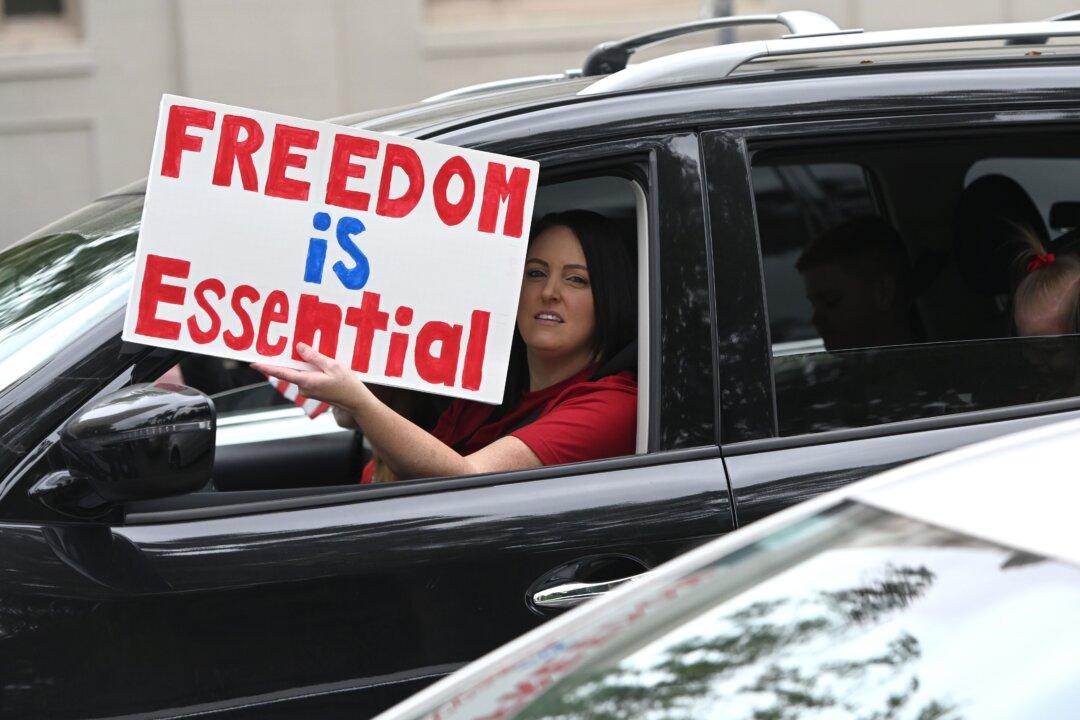Commentary
We grew up in a country in which we generally assumed there to be some feedback mechanism between public opinion and the behavior of governments. It was never perfect, but we all assumed it was there. If policies were bad, the reason was traced to public ignorance. If policies improved, it’s because public opinion shifted in a good direction.





